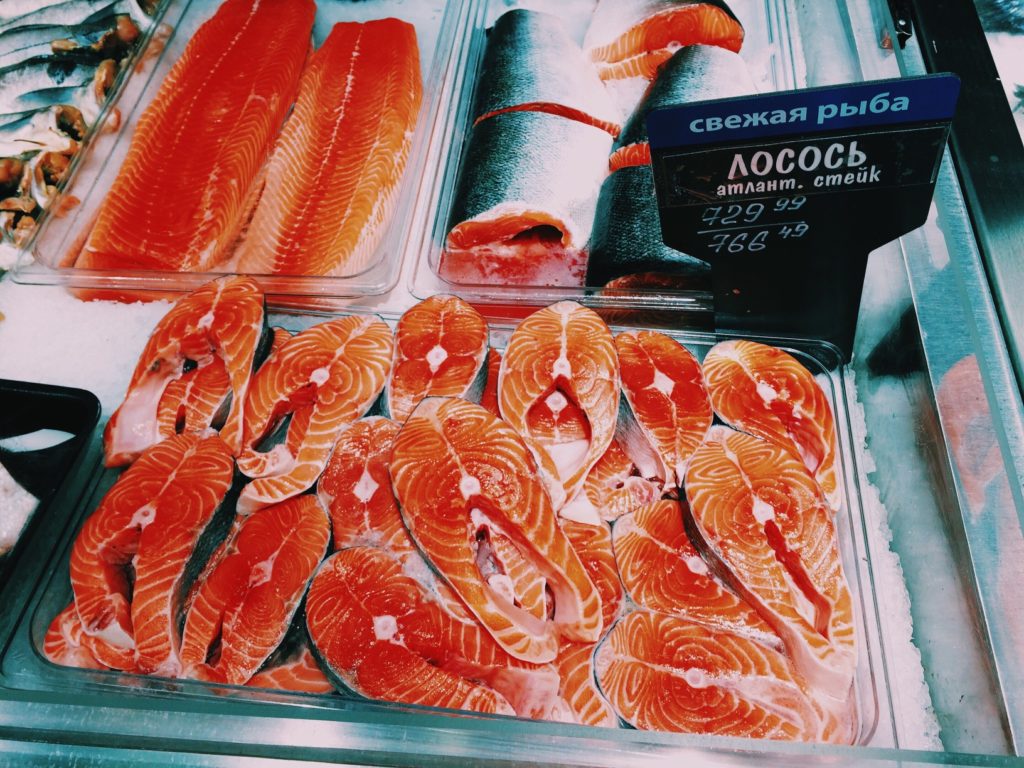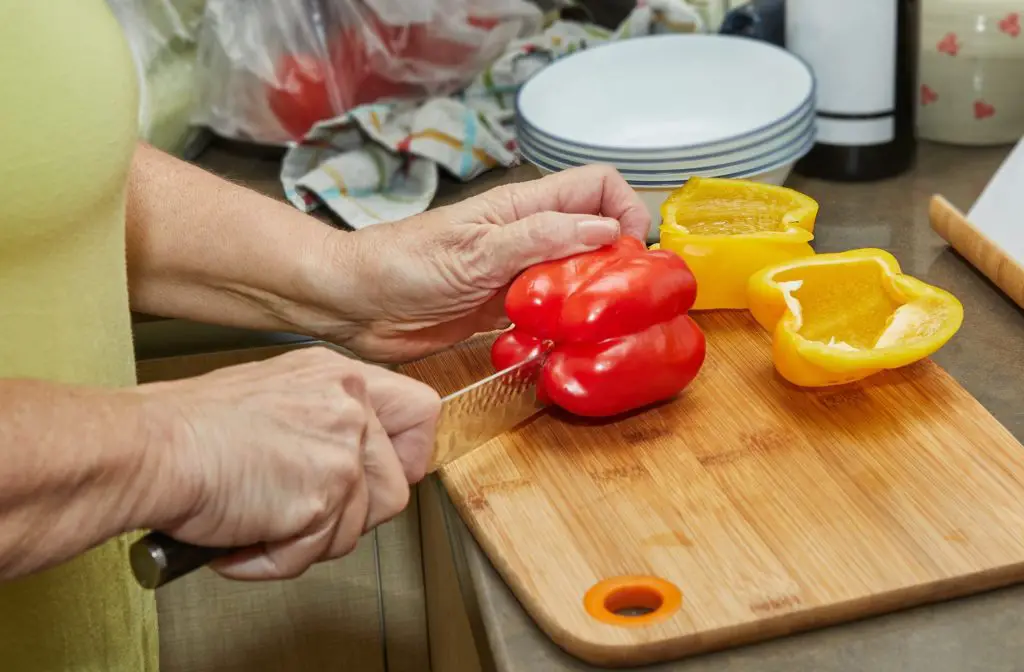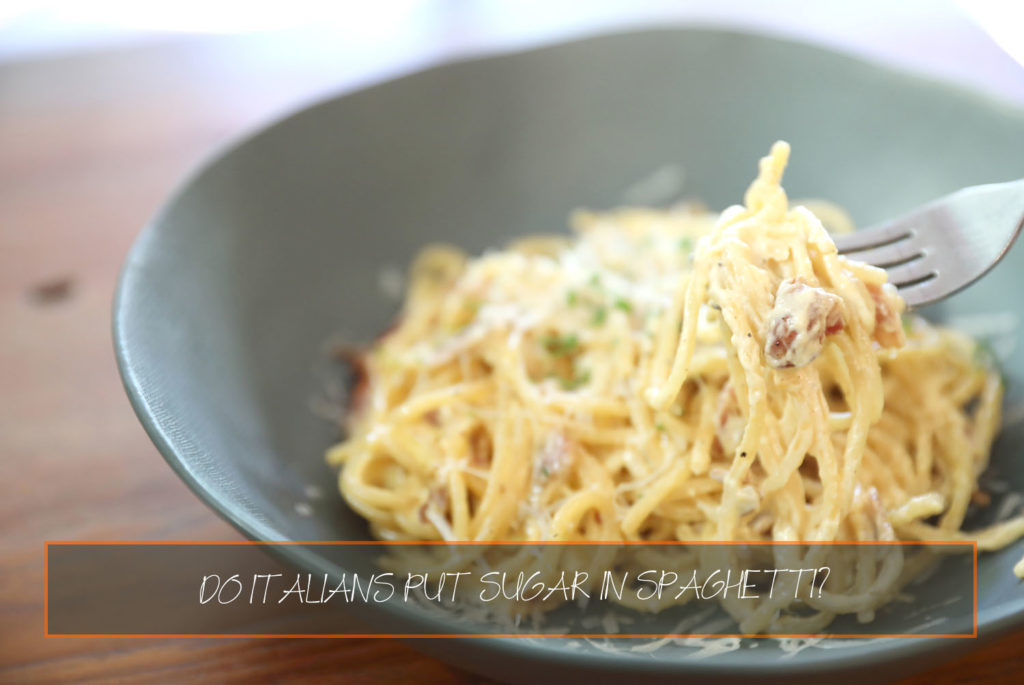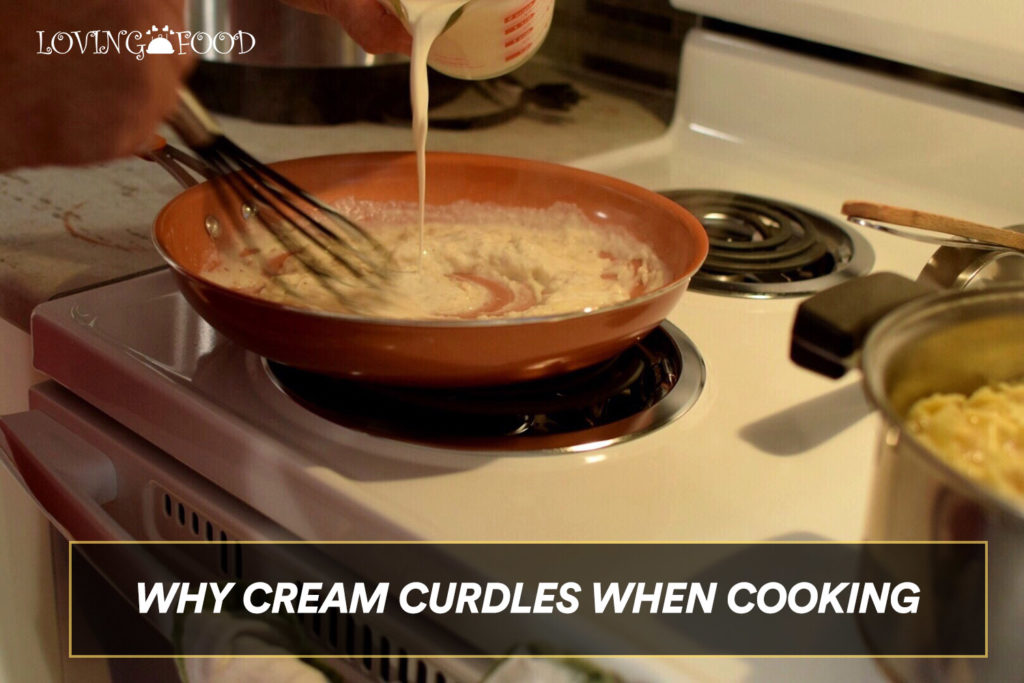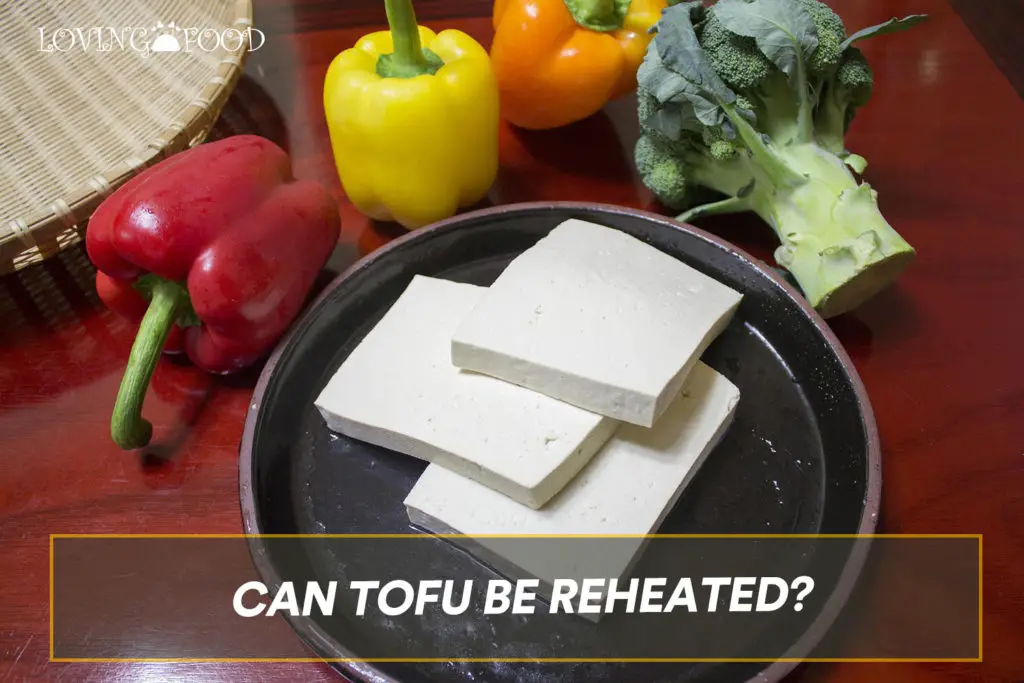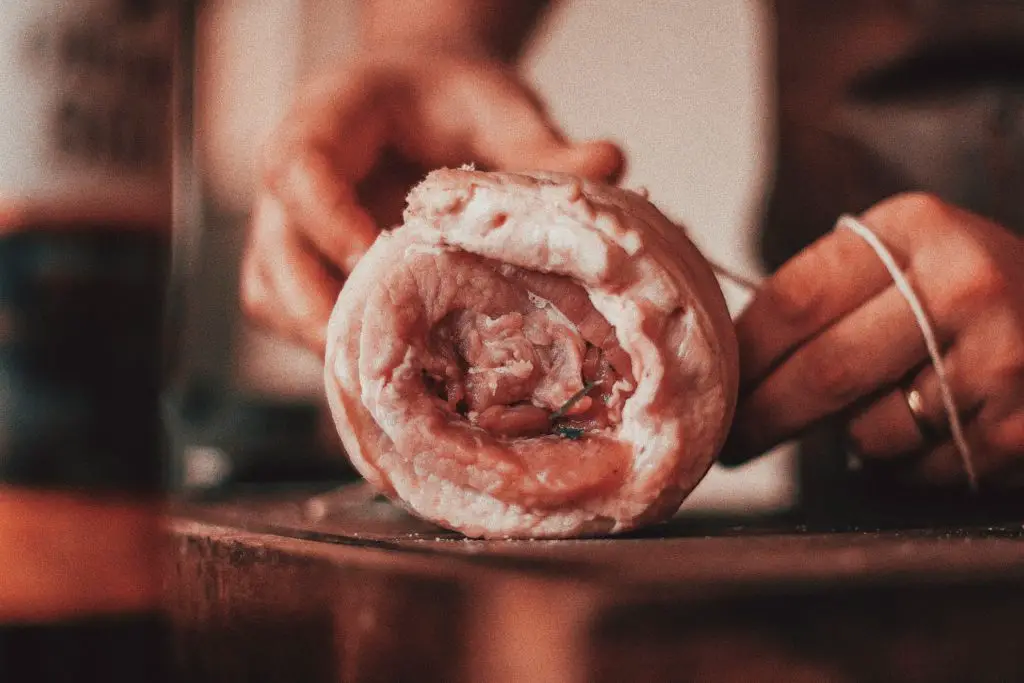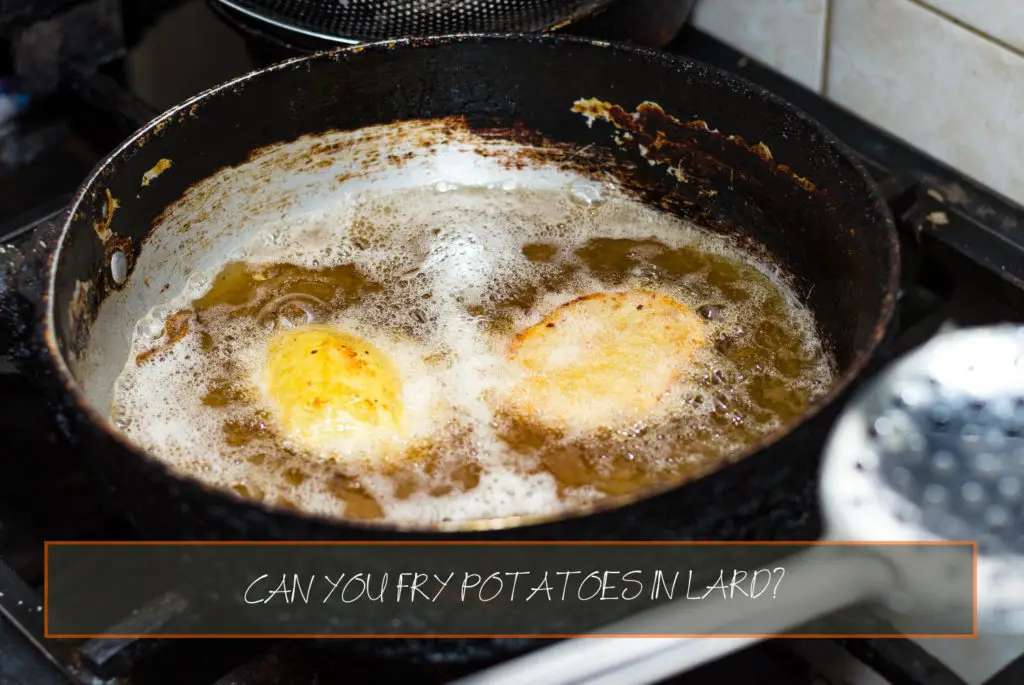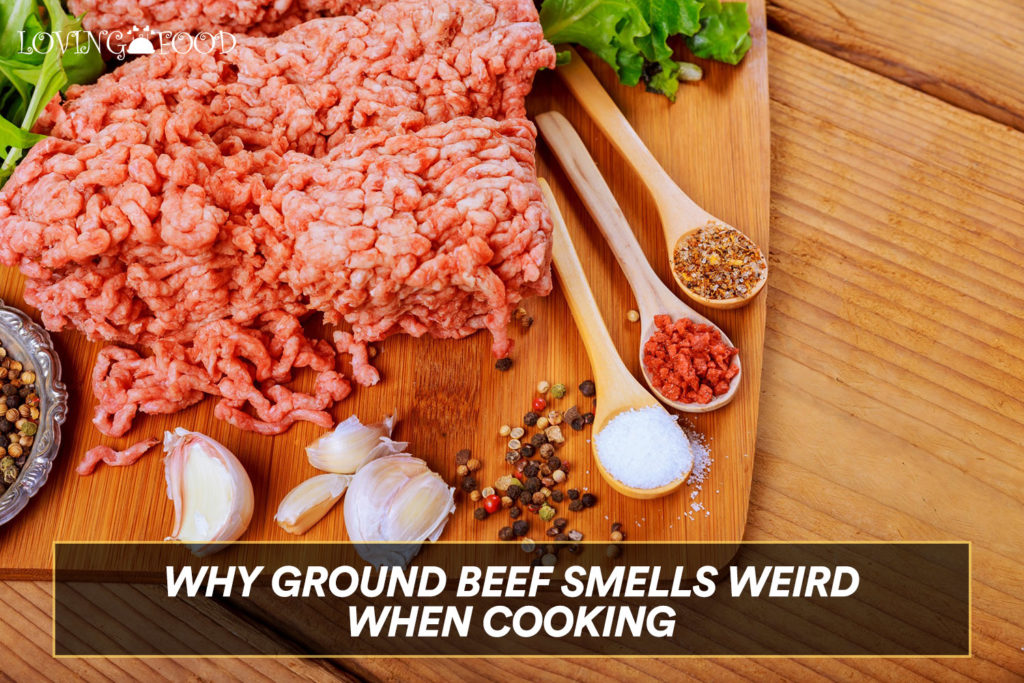Do I need to wash salmon before cooking? Many of us have believed we need to wash salmon and any other seafood, meat, and poultry for years to prevent bacteria, however, they do not need to be washed for this reason.
So, for food safety reasons, salmon does not need to be washed but can be rinsed and also should be cooked thoroughly to prevent the spread of bacteria.
Salmon is an incredibly delicious type of fish, and you will be amazed at how beneficial it is as well. While everyone has their method of cooking salmon, how you keep it clean and healthy is also common but might not be the right way to get rid of the bacteria lurking around.
There are simple ways you can clean salmon safely and with minimal waste.
The quality and flavor of salmon often depend on how it’s clean which can explain why this is important. When preparing salmon, there are simple mistakes you might want to avoid and one of them is whether to wash or not.
Your recipe won’t determine if you should wash your salmon or not. When fish are gutted or filleted, spoilage can start to set in causing surface bacteria since most of the enzymes are gone. Read on to find out if you should wash your salmon fish or not.
How To Properly Prepare Salmon Before Cooking
How do you properly clean salmon before cooking? Surprisingly, rinsing is not the only way you need to clean salmon.
Rinsing is the final step in cleaning salmon, and you can simply go straight to rinsing and cooking if you are not planning to remove the skin. The easiest way to clean a salmon Is believed to buy it over a counter but if this is not the case, here is how you can prepare it before cooking.
- The first step to cleaning salmon is to cut the anal fins of the salmon off, these are located at the bottom end of the fish’s body
- Scaling the fish is the next step. Salmon scales are easy to remove compared to other fishes, simply place your knife against the tail and run it down gently towards the head
- Remove the guts by sticking the knife into the hole created while removing the anal fin and pulling out the guts
- Cut the head and the tail off
- Skin the salmon if you want to
- Rinse the salmon after filleting and dressing to get rid of bacteria on the surface.
The process of filleting salmon requires skills, but it’s all part of the cleaning. You can trim the whole salmon into steaks or fillets.
Filleting salmon involves cutting along the backbone and ribs which are also described as cutting the fish in a sawing motion. Grilling or thorough cooking of salmon will help get rid of the bacteria.
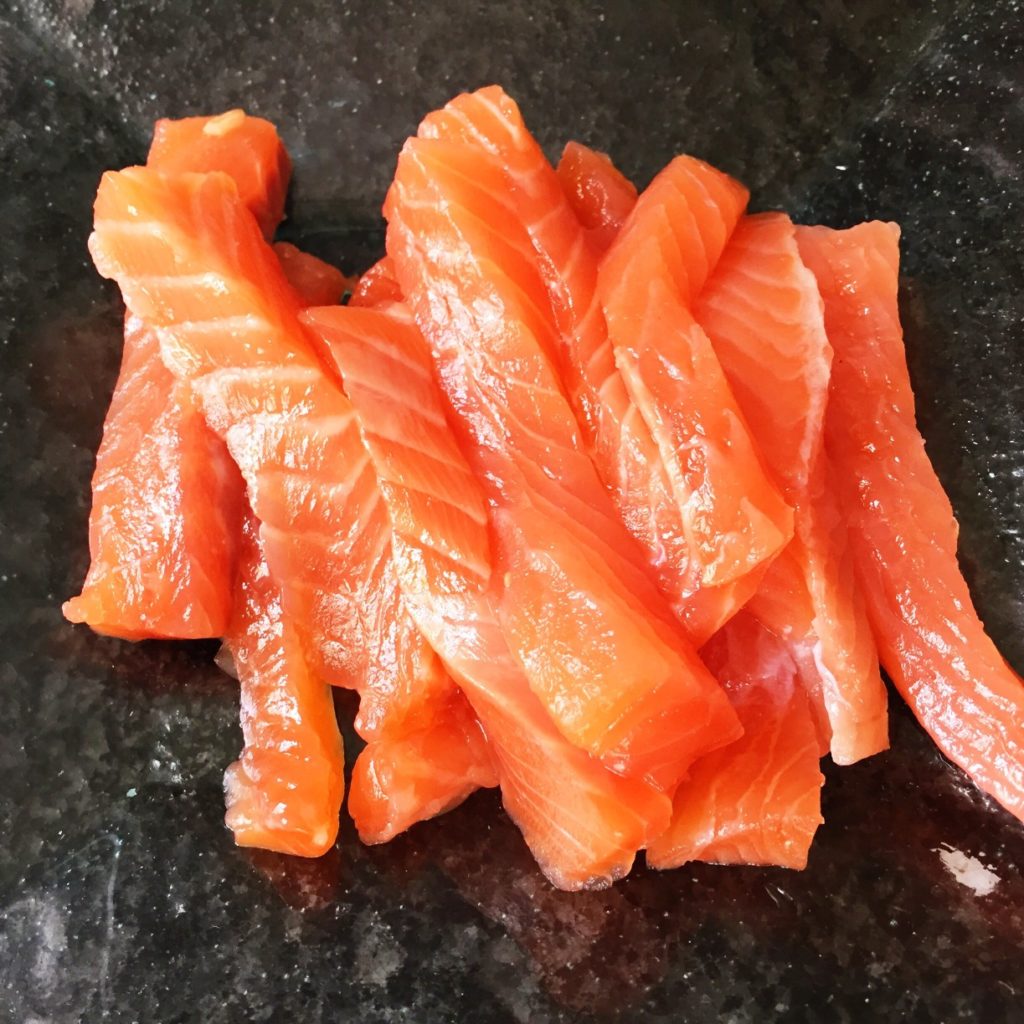
Do I Need To Wash Salmon Before Cooking?
No, you do not need to wash salmon before cooking. Salmon is an easy fish to prepare, some enjoy it undone, plain, or just poorly prepared, and regardless of how you like it, it contains lots of essential nutrients.
You do not have to wash salmon with soapy water, although it is an effective way to remove bacteria, it will ruin the flavor of salmon.
There are other ways you can clean salmon without the use of soap and water, and they are quite effective in getting rid of surface bacteria.
The process used in sitting your salmon can also determine the method to be used in cleaning it. In conclusion, you don’t need to wash salmon, and just rinsing it will do just fine.
How do you clean raw salmon?
If you gut the salmon yourself then you might not have to worry about cleaning. If you have to clean raw salmon to get rid of the blood and dirt, do this with a gentle flow of running water. This is not for removing bacteria rather it’s for cleaning blood from the salmon.
Are you supposed to wash fish before cooking?
Washing fish or any other poultry before cooking will not get rid of bacteria it will only spread it. So, no you are not supposed to wash fish before cooking. The USDA also warns against washing, rinsing fish, meat, seafood, or any raw fish before cooking. Washing the salmon won’t help and the best way to get rid of all bacteria is to cook to a safe minimum temperature of 145 degrees.
How do you keep salmon fresh?
One of the ways you can keep salmon fresh is proper storage which involves storing it in the refrigerator. Salmon should be rinsed properly with cold water to avoid bacteria spread and store in the refrigerator for 2 days. Placing in a freezer sealed or vacuum bag also keeps salmon fresh for 1 to 2 days.
Final Thoughts
Salmon requires careful planning, but you necessarily don’t need to have it washed. Very fresh salmon will not benefit from a wash and doing that will only cause the bacteria to spread.
Enzymes and bacteria can easily break down a fish or salmon and this can also lead to some surface bacteria, and you can easily get rid of some with running cold freshwater.
More from cooking FAQs:
